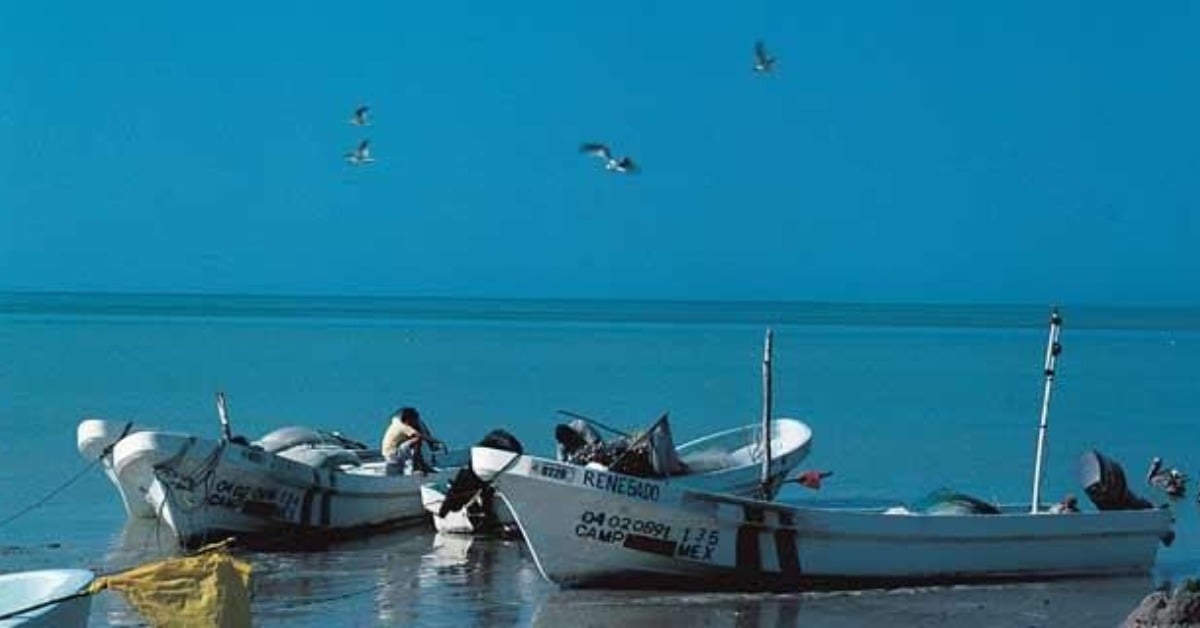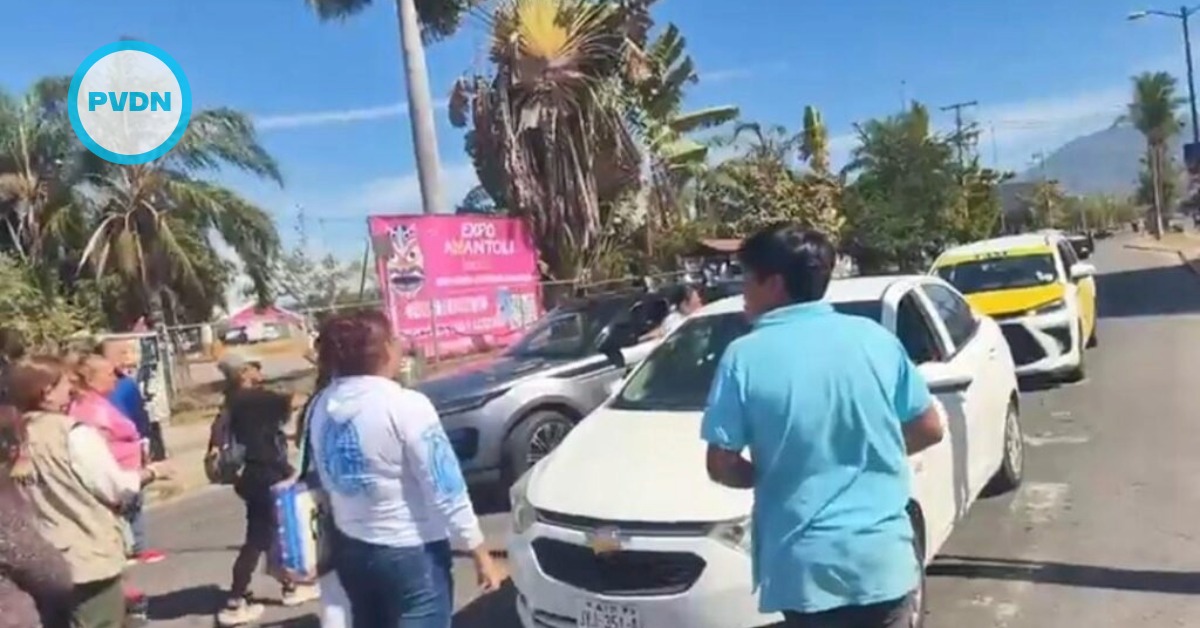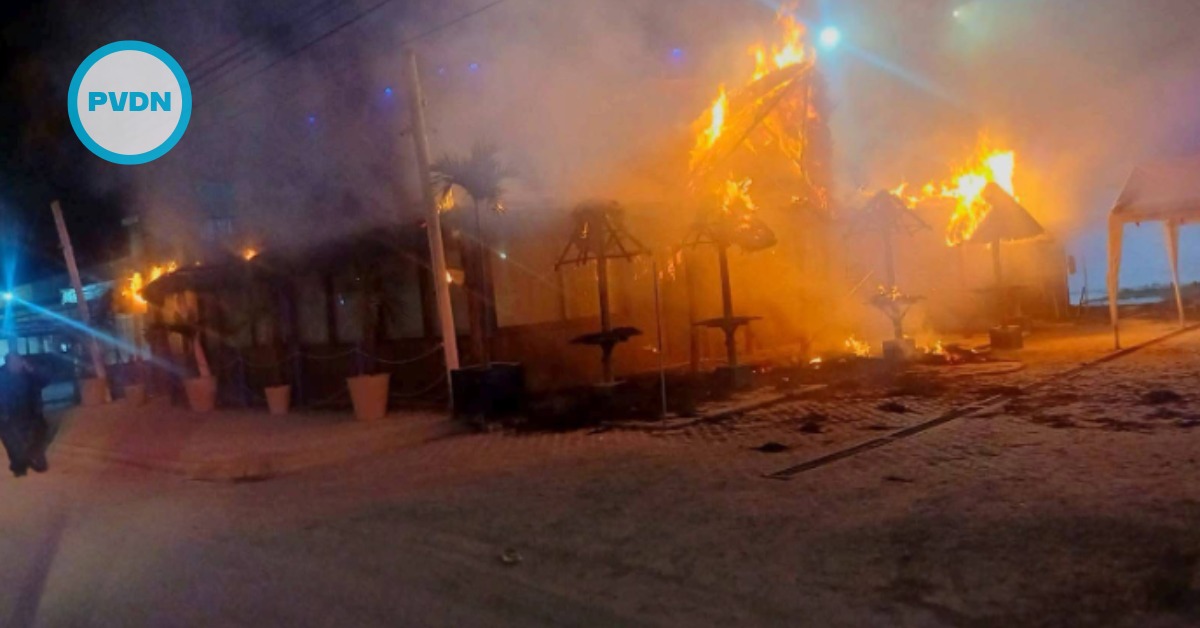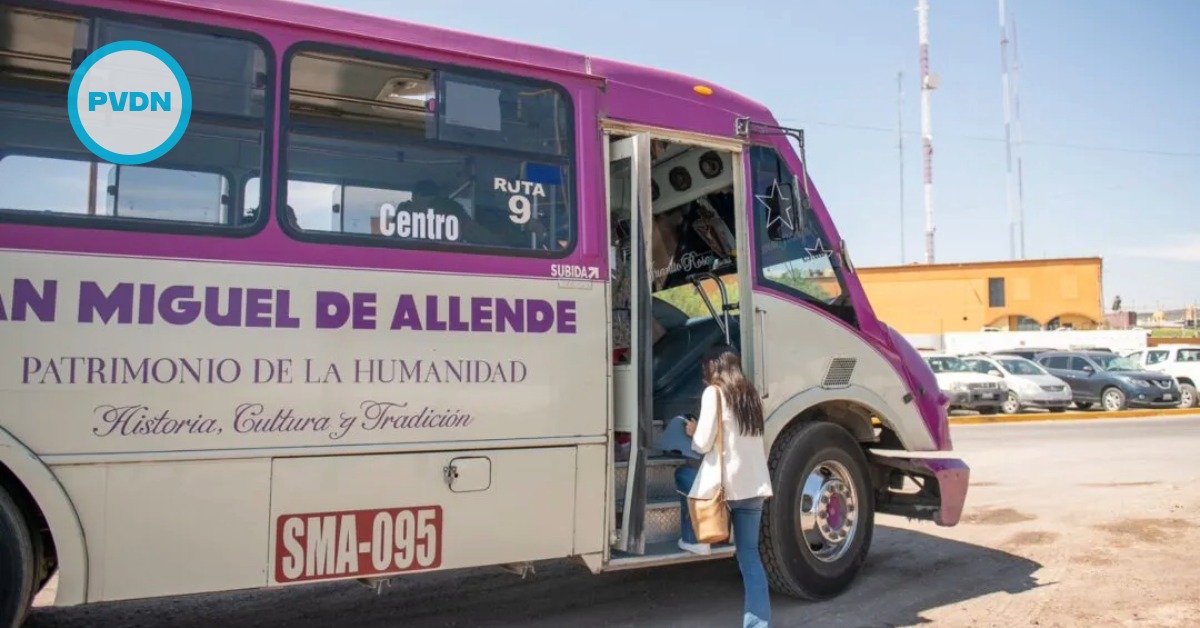Ciudad del Carmen, Campeche - Dozens of fishermen gathered peacefully along the waterfront of Ciudad del Carmen on Tuesday to protest the closure of key fishing zones off Campeche’s coast. The restricted areas—established by PEMEX to protect offshore operations—have rendered some of the region’s most productive shrimp and crab habitats off-limits, exacerbating economic hardship for small-scale fishing communities already battered by inflation and rising fuel costs.
Wearing rubber boots and sun-faded shirts, protestors displayed handmade signs calling for the reopening of fishing zones, compensation for lost income . . .






